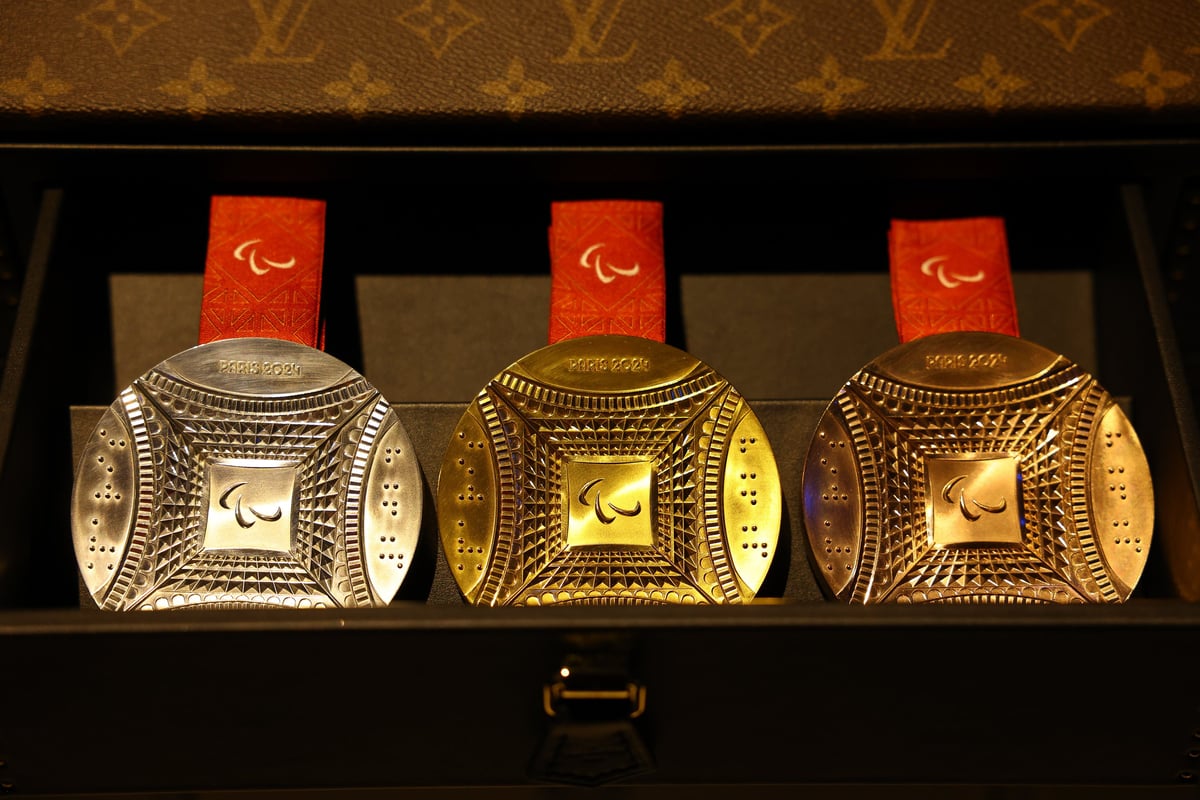
To get up to speed on everything Paris 2024 Olympics, check out our Olympics hub page. We've got you covered.
The Olympic Games represent the pinnacle of athletic achievement, with medals symbolising years of dedication, sacrifice, and excellence.
However, the path to Olympic glory is not always straightforward, and even after standing on the podium, athletes can find their much-wanted medals taken away. The stripping of Olympic medals is a serious matter that highlights the importance of fair play and ethical conduct in sports.
Since the inception of the modern Olympics in 1896, numerous athletes have faced the harsh reality of having their medals revoked. These decisions are not made lightly and often come after thorough investigations and deliberations by the International Olympic Committee (IOC).
The reasons for stripping medals can vary, but they all stem from violations of Olympic rules and principles. From doping scandals to age falsification, the circumstances that lead to medal revocation shed light on the complex challenges facing the world of competitive sports.
Russia has gone through its fair share of doping scandals. Watch here, post continues below.




